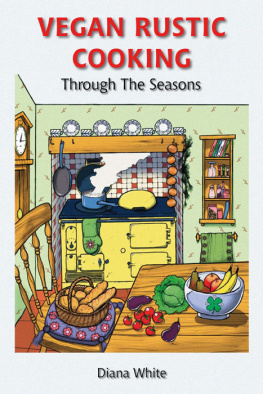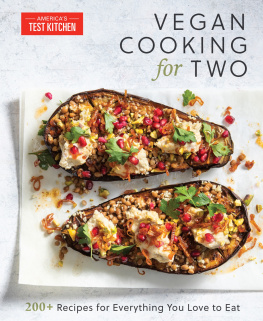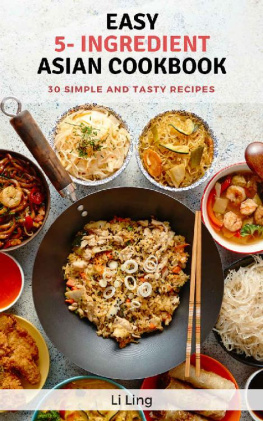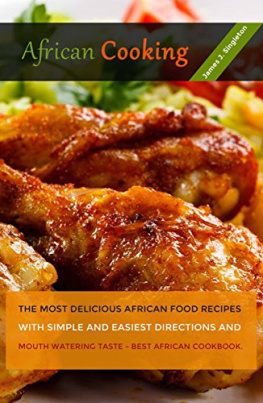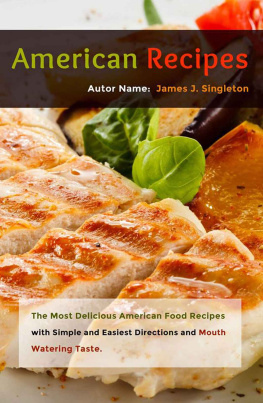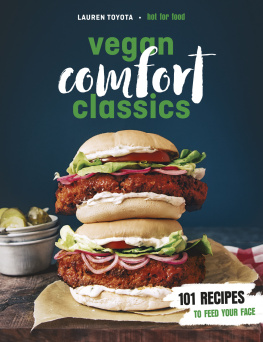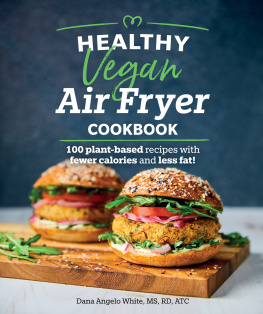
Published by
Permanent Publications
Hyden House Ltd
The Sustainability Centre
East Meon
Hampshire GU32 1HR
United Kingdom
Tel: 01730 823 311
Fax: 01730 823 322
Overseas: (international code +44 - 1730)
Email:
Web: www.permanentpublications.co.uk
First distributed b.y the Vegan-Organic Network 2002 (no ISBN) Revised, expanded and illustrated 2006
2006 Diana White, reprinted 2008, 2010, ebook edition 2012.
The right of Diana White to be identified as the author of this work has been asserted by her in accordance with the Copyrights, Designs and Patents Act 1998.
Designed and typeset by Tim Harland
Illustrated by Richard Watts
British Library Cataloguing-in-Publication Data.
A catalogue record for this book is available from the British Library.
Print ISBN 9781856230346
PDF ISBN 9781856230312
ePUB ISBN 9781856230329
MOBI ISBN 9781856230336
All rights reserved. Apart from any fair dealing for the purpose of study, research, criticism or review, as permitted under the Copyright Act, no part of this publication may be reproduced, stored in a retrieval system, rebound or transmitted in any form or by any means, electronic, mechanical, photocopying, recording or otherwise, without the prior written permission of Hyden House Limited.
Contents
About the Author
The author was a vegetarian for 23 years and for the last 14 has been a vegan. She and her husband grow their own fruit and vegetables veganorganically and to some extent the book grew out of the vegetable plot, as recipes were created to utilise the seasonal produce. The author is a trustee of the charity, The Vegan-Organic Network.
About the Artist
The artist, Richard Watts, is a vegan and has an honours degree in illustration from the University of Lincoln. Richards website is www.godfist.com

Acknowledgements
Many thanks go to Richard Watts, Barbara Marshall, Ziggy Woodward and Peter White for their assistance in the production of this book.
Dedications
This book is dedicated to the Vegan-Organic Network (VON), registered charity 1080847. The charity was established to provide education and research into vegan-organic principles. VONs magazine Growing Green International is circulated worldwide and the charity has many supporters in the UK and elsewhere. The charitys website is www.veganorganic.net
This book is also dedicated to the authors mother, to the earth herself, and to all animals everywhere.

The Big Picture
This cook book contains inspiring recipes based on sound nutritional principles. What we eat not only affects our own health but also has a profound impact on our planet and all its inhabitants.
We hear regular dire reports about the environment and food shortages. Global warming, land degradation, species extinction, famines and pollution appear as news items almost daily. There is no doubt that our dependence on animal farming plays a huge part in creating these problems.
Most farm land in the West is used for livestock rearing, but it is not sufficient, so many countries import plant crops as fodder from the developing world fodder that takes up huge areas of land in the poorest parts of the globe where people are starving. The local farmers are left to scrape a living on the margins while the rich West deprives their countries of prime agricultural land in order to feed its own farmed animals. Yet 24 million people starve to death every year and every three seconds a child dies of malnutrition.
The question that must be asked is, can the world support two population explosions, that of humans and that of animals deliberately and unnecessarily bred for food? Livestock consume more protein and calories than they produce. A typical European omnivorous diet requires many times the amount of land needed for a varied plant-based diet. A plant-based diet could feed the world.
Annually 200 million tons of effluent are produced by British farm animals, much of which, along with other pollutants, ends up in our rivers and the sea.
A more natural environment without the heavy burden of farmed animals would be splendid, especially if this were to be combined with the elimination of chemical inputs. The beauty of nature would surround us, as trees, wild flowers, birds and all of creation would once more emerge in their full glory.
Fresh water is a vital but diminishing resource, but irrigation is necessary for all forms of agriculture. It has been estimated by Professor D. Pimentel of Cornell University that it takes 500 litres of water to produce 1kg of potatoes, 900 litres per kg of wheat, 3,500 litres per kg of edible chicken flesh and a huge 100,000 litres per kg of beef. Even the more conservative estimates of water usage accept that, for example, beef production requires many times more water than wheat.
The roots of these problems are not just to be found in some remote part of the world but are also in our own back yard.
The Vegan-Organic Network (VON) says: human development is a progression in which we all have a part to play. One line of progress we should now work towards is away from destructive conventional chemical agriculture to vegan-organic agriculture (ordinary organic agriculture is only marginally more animal-friendly than conventional farming). The only clear and unequivocal ethical position is that of vegans who rule out the rearing of farm animals altogether. There are vegan-organic farms all over the world growing wholesome food ethically and sustainably, thereby providing a practical example of Stockfree agriculture.
Vegan-organics is the answer to the huge problems caused by animal based agriculture. Vegan-organics is any system of cultivation that avoids artificial chemicals and sprays, livestock manures and animal remains from slaughterhouses, fish processing, etc. Alternatively, fertility is maintained by vegetable compost, green manures, crop rotation, mulches, undersowing and any other method that is sustainable, ecologically viable and not dependent upon farm animal exploitation. These methods have been demonstrated on vegan-organic farms around the world and will ensure long term fertility and wholesome food for this and future generations.
VON has developed the worlds first Stockfree-Organic Standards, whereby farmers who wish to adopt animal-free environmentally-friendly organic cultivation will be able to obtain both the Soil Association and the Stockfree-Organic symbol. Consumers will now know that produce bearing the distinctive Stockfree-Organic Symbol has been grown to these high standards. With farming in crisis VON has an ethical and pragmatic message that will meet this challenge and carry food production into a new era. Stockfree-Organics embraces non-violence towards all life, providing a model and a catalyst for social, economic and cultural change; change that is essential if we are to have a future.
If time allows it is good for individuals to grow some of their own fruit and vegetables vegan-organically. This is a rewarding creative activity, which apart from giving fresh air and exercise also invigorates the mind. Just growing a few seasonal items yourself can save on food miles and packaging, making you less dependent on foreign imports. Also the flavour, purity, and nutritional value of home-grown produce is usually higher than the commercially grown equivalent.
Next page
